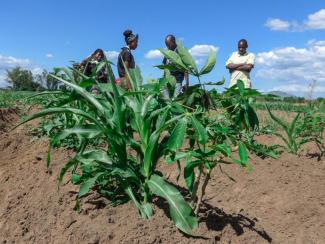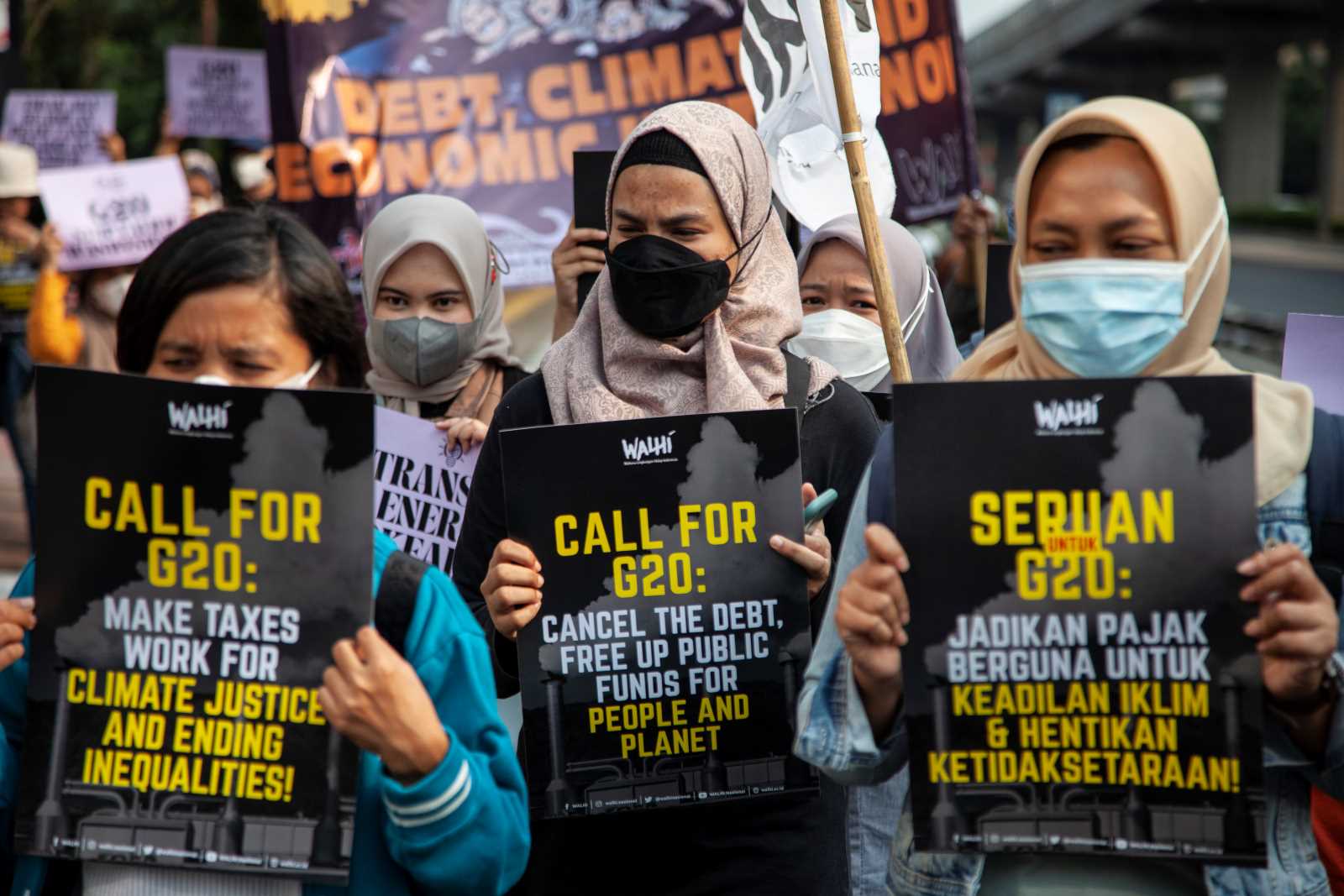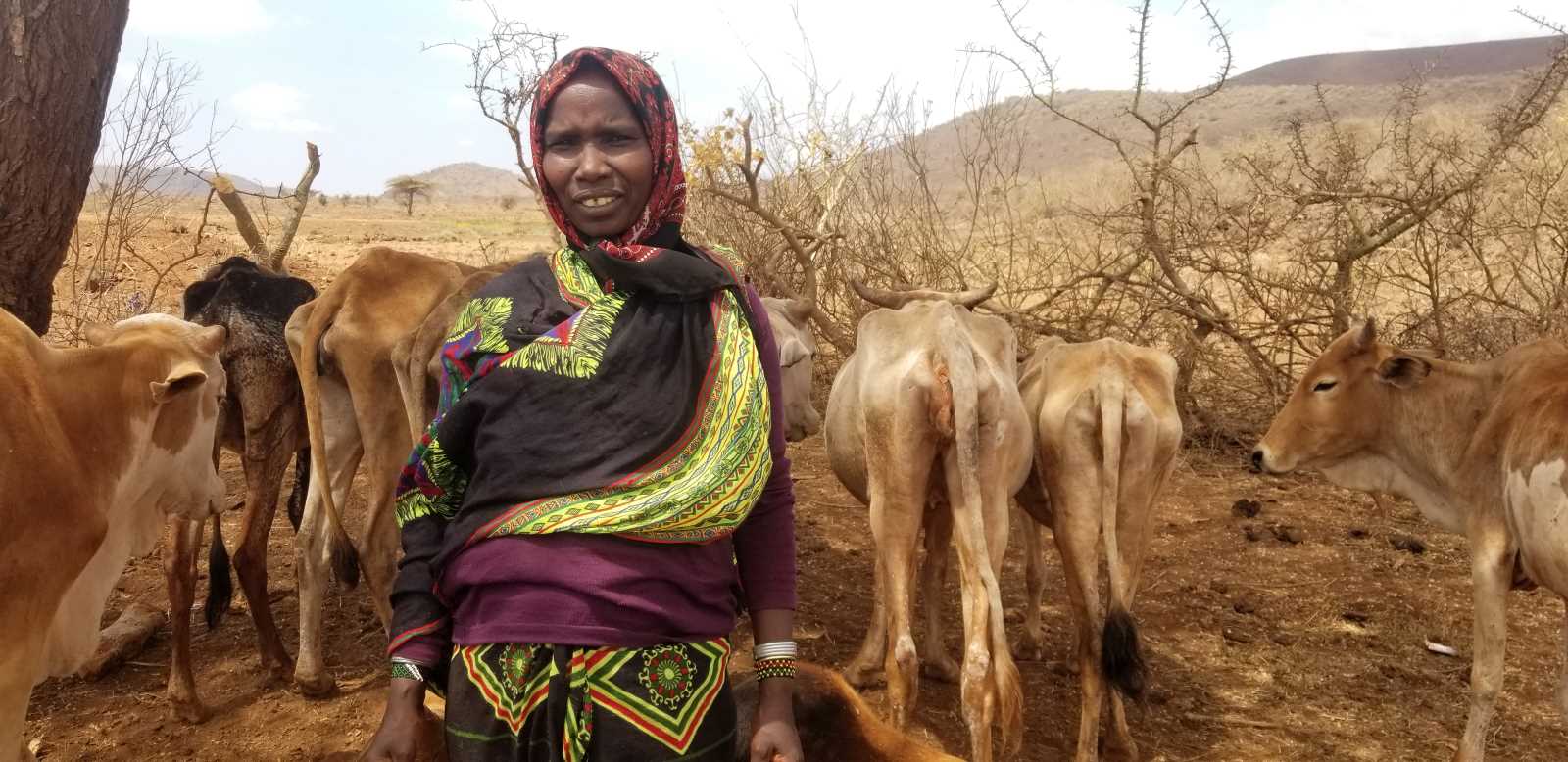Comment
Conservative innovators

GIZ is running a programme called “Green Innovation Centres for the Agriculture and Food Sector” (Grüne Innovationszentren in der Agrar- und Ernährungswirtschaft) on behalf of Germany’s Federal Ministry for Economic Cooperation and Development. The centres are designed to drive rural change in 13 developing countries.
In a baseline study for this programme, we surveyed more than 5,300 smallholder farmers. We collected data in Burkina Faso, Cameroon, Ethiopia, Ghana, India, Malawi, Nigeria, Togo, Tunisia and Zambia. Focus group discussions served to put the survey data in context. The goal was to understand what makes farmers take a new approach. For our purposes, “innovation” means that something is new to the farmer, not to the world. Our data confirm the conventional wisdom that smallholder farmers tend to be conservative. Only one third of the interviewed had introduced at least one innovation in the past 12 months, while 45 % planned to do so in the next 12 months. The most popular kinds of innovations, both implemented and planned, were:
- opting for new or improved seeds or animal breeds (31%),
- switching to new planting methods (23%) and
- starting crop rotation (16%).
The respondents thus appreciated low-cost innovations that are implementable on a small scale. This pattern is particularly evident among poor farmers who live close to the subsistence level. A possible reason is that they can hardly risk failure since they lack savings and safety nets to cope with losses.
Focus group discussions showed that participants carefully weighed the risk of an innovation failing against the status quo. Staying able to cope with short-term shocks mattered at least as much to them as the gains an innovation is expected to deliver. If poor farmers adopt an innovation, it is therefore likely to not cost much and be implementable small-scale.
Farmers showed interest in more sophisticated and expensive innovations with potentially greater impacts, but they clearly indicated their inability to finance such measures from cash-flow, borrowing or savings. One in five farmers said inadequate access to credit was a reason they could not innovate. Relevant issues included prohibitively high interest rates, excessive collateral requirements and administrative burdens.
Moreover, the farmers wanted better information on the risks of an innovation. They were likely to refrain even from low-risk innovations if they heard of those approaches having failed somewhere.
The data suggest that the best way to boost smallholders’ innovativeness is to ensure they have access to sufficient funding so they can handle the innovation itself as well as its potential downsides. Moreover, they need reliable advice to take informed decisions. The data show that many farmers accuse existing services of being biased and not paying enough attention to risks. However, our data show that the farmers’ satisfaction with the existing extension services differs not only between countries, but between value chains too.
To make innovations more attractive to smallholders and reduce the risks they perceive, it is important to test innovations locally and minimise the failure rates. This applies particularly to new or improved seeds, the most common kind of innovation.
More generally speaking, the evidence suggests that it makes sense to put more emphasis on knowledge-based change than merely focus on technology-based innovations. What smallholders need most of all, is better financial services and professional advice.
Lukas Borkowski works for the GFA Consulting Group.
Tobias Stöhr is postdoctoral researcher at the Kiel Institute for the World Economy.
Linda Kleemann works for GFA Consulting Group and is also a postdoctoral researcher at the Kiel Institute for the World Economy. The three co-authors ran the baseline study for GIZ, but all views expressed here are their own.
linda.kleemann@gfa-group.de













